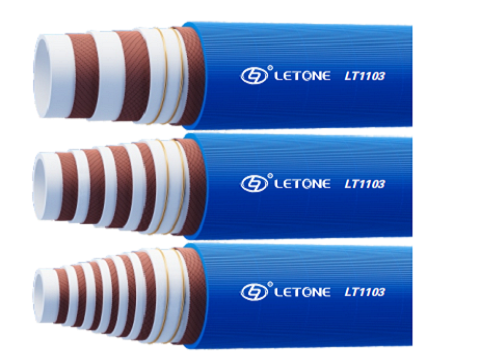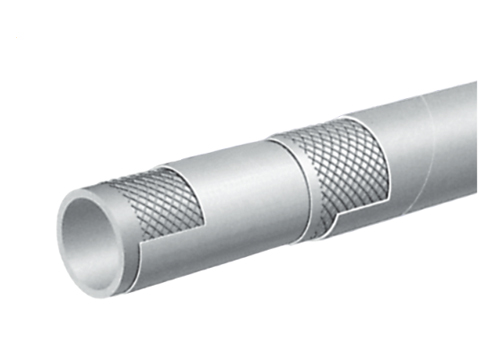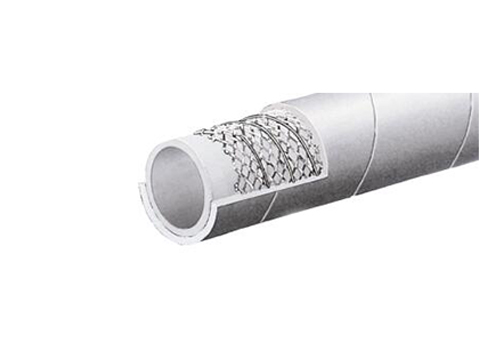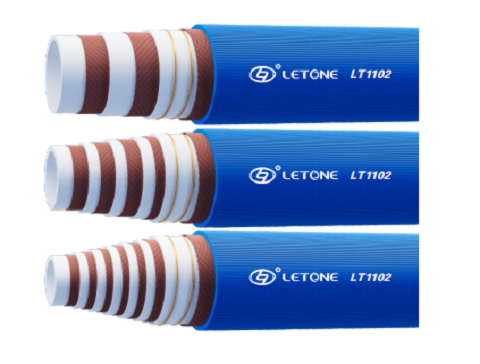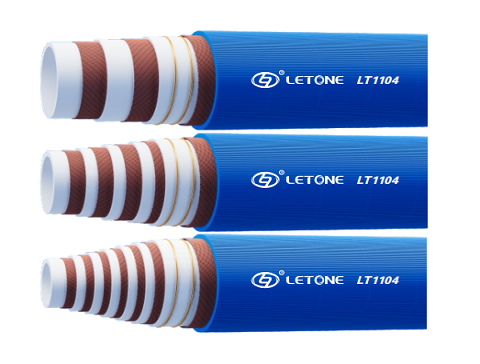In modern construction engineering, high-pressure water has become an important tool and plays a crucial role in the field of concrete crushing. Concrete crushing through high-pressure water can not only improve work efficiency, but also reduce damage to buildings and environmental impacts, and has broad application prospects.
Traditional concrete crushing methods often require the use of mechanical equipment and are accompanied by unavoidable problems such as noise and vibration. The emergence of high-pressure water crushing technology has completely changed this situation. The high-pressure water crushing technology adopts an advanced principle, which forms a high-pressure water jet by pressurizing in water, and crushes concrete through ultra-high-speed impact force.
High pressure water crushing technology has many unique advantages. Firstly, the speed of high-pressure water jet is extremely fast and the impact force is strong. This allows high-pressure water to quickly break concrete, not only breaking dense concrete blocks, but also breaking cracks and gaps in concrete. Secondly, high-pressure water crushing does not generate noise and vibration, and has almost zero impact on the surrounding environment and personnel. At the same time, high-pressure water also does not generate dust, effectively protecting the cleanliness of the construction site and the health of workers.
 High pressure water crushing technology is widely used in fields such as roads, bridges, water conservancy and hydropower, and urban construction. In road repair engineering, high-pressure water crushing can quickly crush aged and cracked concrete pavement, providing convenience for subsequent repair construction. In bridge maintenance, high-pressure water crushing can accurately remove damaged concrete structures, providing reliable technical support for bridge maintenance and repair. In water conservancy and hydropower projects, high-pressure water crushing can efficiently remove silt and sediment from concrete structures such as embankments and sluices, ensuring the safe operation of the project.
Of course, high-pressure water crushing technology also has some challenges and limitations. Due to the high equipment and engineering costs required for high-pressure water crushing, it may not be cost-effective in some small-scale projects. In addition, the high-pressure water crushing technology needs further improvement and optimization when dealing with large-scale concrete structures.
In summary, high-pressure water crushing technology has great potential and application prospects. With the continuous progress and innovation of technology, it is believed that high-pressure water crushing technology will be more widely applied in the field of concrete crushing, bringing more convenience and benefits to engineering construction.
High pressure water crushing technology is widely used in fields such as roads, bridges, water conservancy and hydropower, and urban construction. In road repair engineering, high-pressure water crushing can quickly crush aged and cracked concrete pavement, providing convenience for subsequent repair construction. In bridge maintenance, high-pressure water crushing can accurately remove damaged concrete structures, providing reliable technical support for bridge maintenance and repair. In water conservancy and hydropower projects, high-pressure water crushing can efficiently remove silt and sediment from concrete structures such as embankments and sluices, ensuring the safe operation of the project.
Of course, high-pressure water crushing technology also has some challenges and limitations. Due to the high equipment and engineering costs required for high-pressure water crushing, it may not be cost-effective in some small-scale projects. In addition, the high-pressure water crushing technology needs further improvement and optimization when dealing with large-scale concrete structures.
In summary, high-pressure water crushing technology has great potential and application prospects. With the continuous progress and innovation of technology, it is believed that high-pressure water crushing technology will be more widely applied in the field of concrete crushing, bringing more convenience and benefits to engineering construction.

